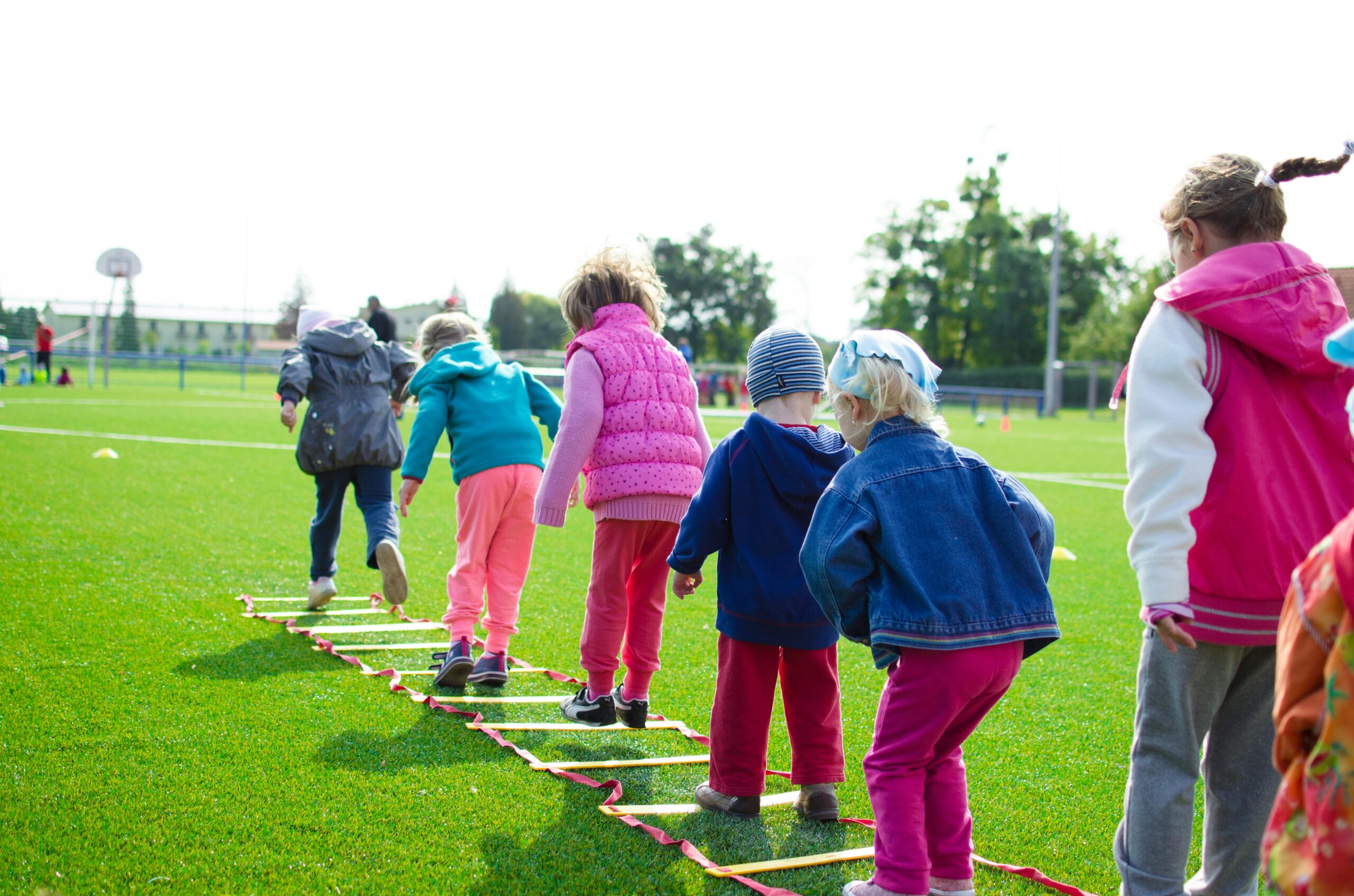Children Are Human Too
A child is not “less human” because they are young—they are human beings just like you. When something good happens, they feel happy. When something painful happens, they feel sad. That is the human experience.
Think about yourself: when your favorite soccer team is playing an important match, you might forget something you had planned to do. When you are in a fearful situation, your judgment may be clouded, and you could make poor decisions out of fear.
Children go through the same. Their behavior is often a natural response to emotions, not necessarily disobedience.

Rethinking Punishment
As parents, it is tempting to rush to punishment at every misstep. But not every action requires discipline, just as you don’t deserve punishment for every mistake you make.
Parenting calls for patience, reflection, and understanding.
Before you punish, ask yourself: What is my child’s behavior communicating?
- Do they need more love?
- Do they crave attention?
- Are they grieving something I haven’t noticed?
- Could this behavior signal abuse, neglect, or maltreatment?
Understanding is the first step toward healing—for both parent and child.

When to Consider Professional Help
Attentive parenting begins early. From the moment your baby enters your life, observing and connecting with them helps you understand and interpret their needs. However, sometimes behavior may indicate deeper issues that require professional guidance.
Prenatal, perinatal, and postnatal factors can influence behavior and development, yet these are often overlooked if parents are too busy, inattentive, or too quick to punish without understanding the root cause.
You should seek professional help if you notice any of the following warning signs:
- Your child struggles to do things typical for their age.
- They cry excessively, even over small matters.
- They frequently display aggressive behavior.
- They engage in self-injurious habits such as nail-biting, skin-picking, or hair-pulling.
- Their defiance is extreme or consistently troubling.

The Power of Early Intervention
Do not assume punishment will fix behavior struggles. Do not assume anything at all; it is better to be safe than sorry. When left unaddressed, behavioral concerns can escalate during adolescence or young adulthood, creating far greater challenges.
Early intervention allows children to thrive, and it gives parents peace of mind. Parenting is not only about correcting—it’s about guiding, nurturing, and helping children flourish.

A Call to Parents and Caregivers
Do you know of a child whose behavior might require professional help?
What signs have you observed that make you feel this way?
Share your experiences and insights, and remember, detailed resources on prenatal, perinatal, and postnatal influences are available in the comments below.
Do You Have a Parenting Question?
Parenting can feel overwhelming, but you don’t have to walk the journey alone. If you have a question or need guidance, reach out to Susan directly:
WhatsApp: +254 724 37 8980
Email: Susan@susancatherineketer.com
Your child’s well-being matters—don’t wait, let’s talk today.




